You-ward | πρὸς ὑμᾶς (pros hymas) | Preposition
Etymology and Semantic Analysis The term ‘you-ward’ in English translations, particularly seen in older versions like the King James Version, is translated from the Greek prepositional phrase πρὸς ὑμᾶς (pros hymas). ‘You-ward’ signifies direction or orientation towards someone, akin to ‘toward you’ in contemporary English. The Greek πρὸς denotes motion towards a specific point, often […]
Novatian: Schismatic Saint or Heretic?
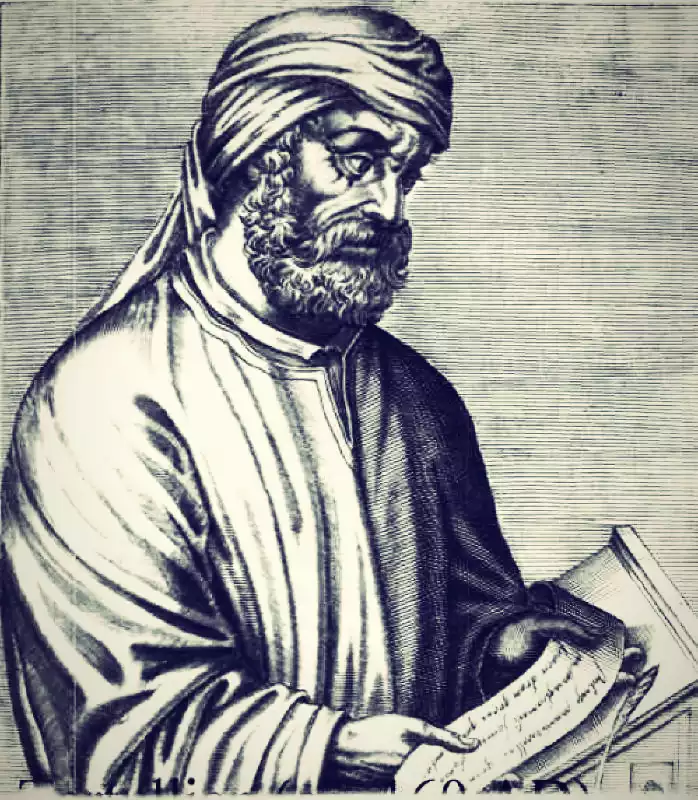
Novatian (c. 200-258) was a Roman theologian and priest who held unbending views on church purity and penance. After failing to be elected Bishop of Rome in 251, Novatian broke ties with the mainstream church and formed a dissident sect. Despite his controversial split, Novatian made important contributions to early Christian theology. Novatian’s Rigorous Theology […]
Early Christian Symbolism: A Journey Through Sacred Signs
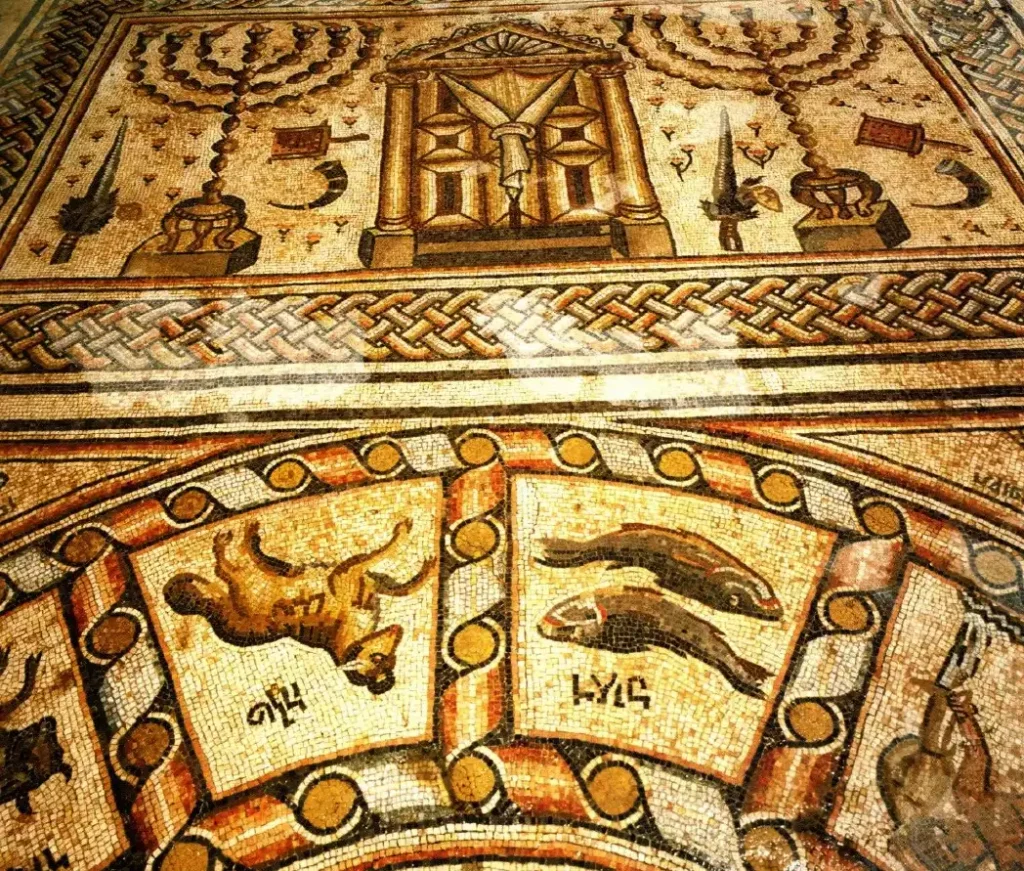
In the clandestine shadows of Roman oppression, early Christians sought to express and solidify their burgeoning faith through covert symbols. This ingenious form of spiritual communication, necessitated by a milieu of persecution, birthed a rich tapestry of sacred signs, each laden with profound theological significance. Early Christian symbolism, a silent yet eloquent language, ranged from […]
Discovering the Christian Assembly: A Journey Through History
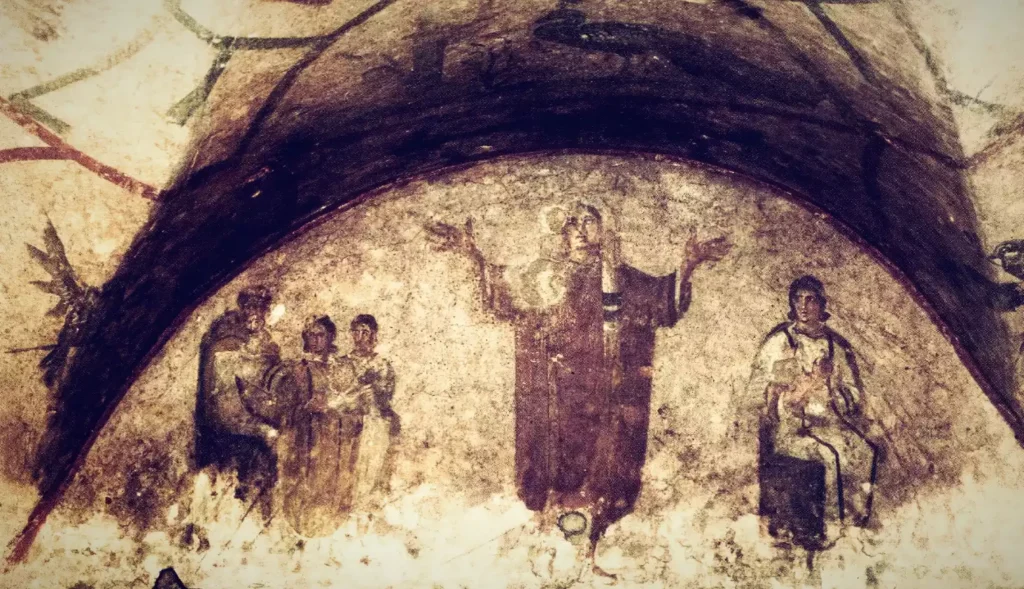
Uncover the veiled history of early Christian assembly in the catacombs, a testament to faith and fellowship amidst adversity. From clandestine meetings in Rome’s underground labyrinths to vibrant frescoes in Thessaloniki’s tombs, explore how early Christians congregated, celebrated, and commemorated within these sacred spaces. Delve into a world where faith flourished in secrecy, and artistry […]
5 Key Influences: Judaic & Graeco-Roman Christian Art
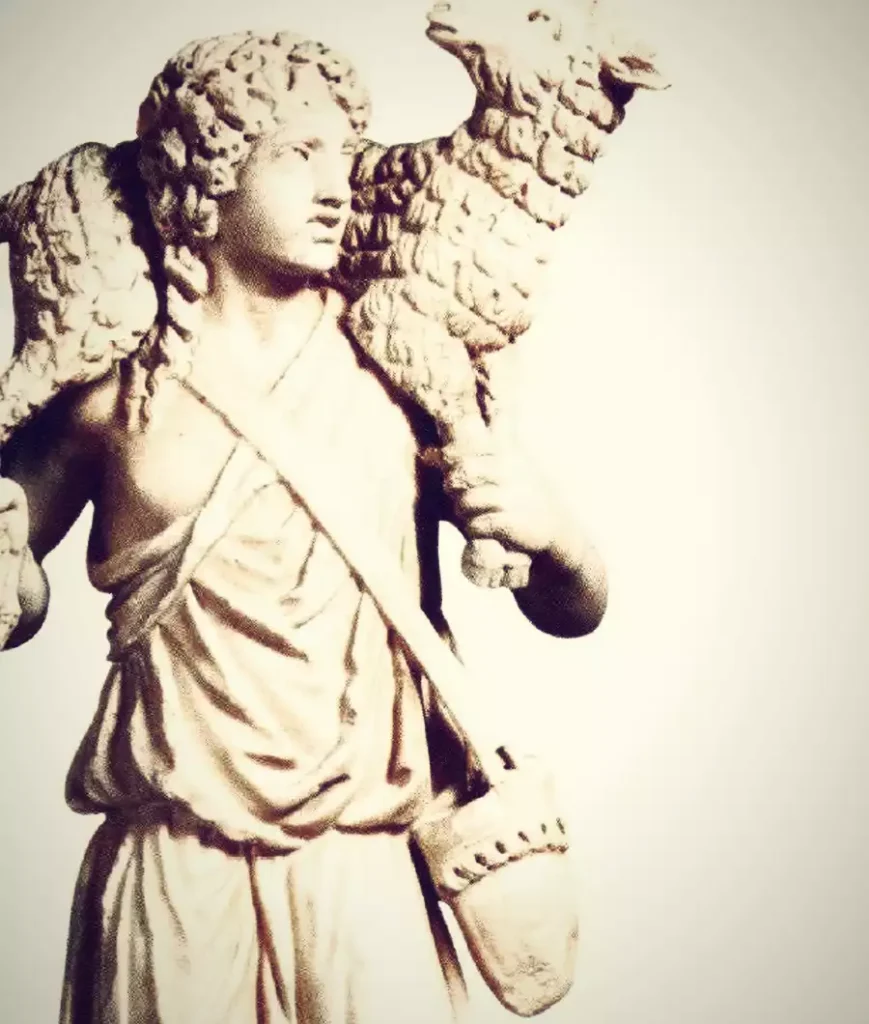
Tracing back to the second millennium BCE, the Middle East emerged as the cradle of monotheistic religions. The Pharaoh Akhenaten’s establishment of Amarna marked a significant shift towards the worship of a singular deity. This pivotal moment laid the groundwork for the Abrahamic faiths, intertwining Judaic and Graeco-Roman Christian Art with its spiritual narrative. Judaic […]
314 AD Arles Synod: Unveiling Historical Truths
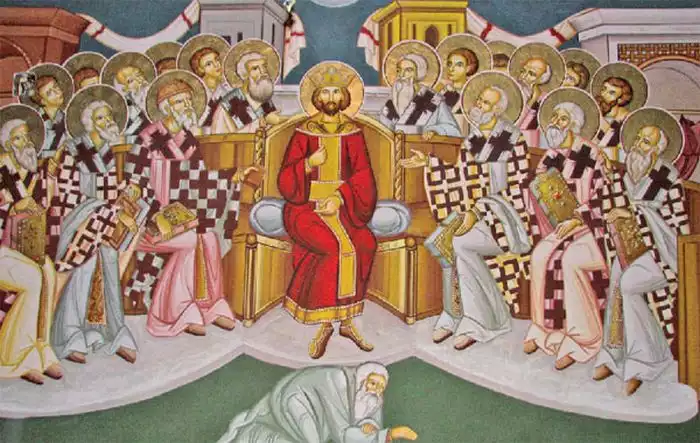
In the pivotal year of 314 AD, a significant ecclesiastical gathering, the Arles Synod, decisively branded Donatism as schismatic. This momentous event unfolded in the wake of the Diocletian Persecution, casting a profound shadow on the early Christian Church. Donatism, emerging from the fervent religious landscape of North Africa, challenged the fabric of ecclesiastical unity, […]
Origen of Alexandria: Visionary Theologian
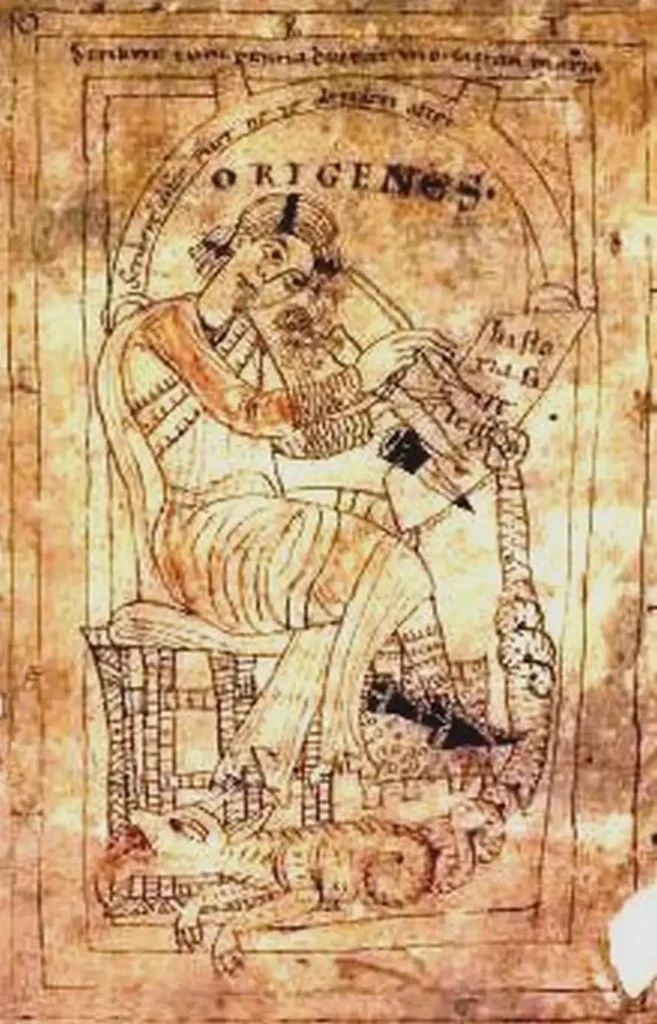
Born in 184 AD, Origen of Alexandria was a figure of monumental importance in early Christian theology. His prolific work, especially around 250 AD, established the bedrock for systematic theology and biblical exegesis. As the founder of the Catechetical School of Alexandria, Origen melded intellectual rigor with spiritual depth, offering an integrative approach to understanding […]
Cyril of Jerusalem, Saint: Early Church Father and Catechist
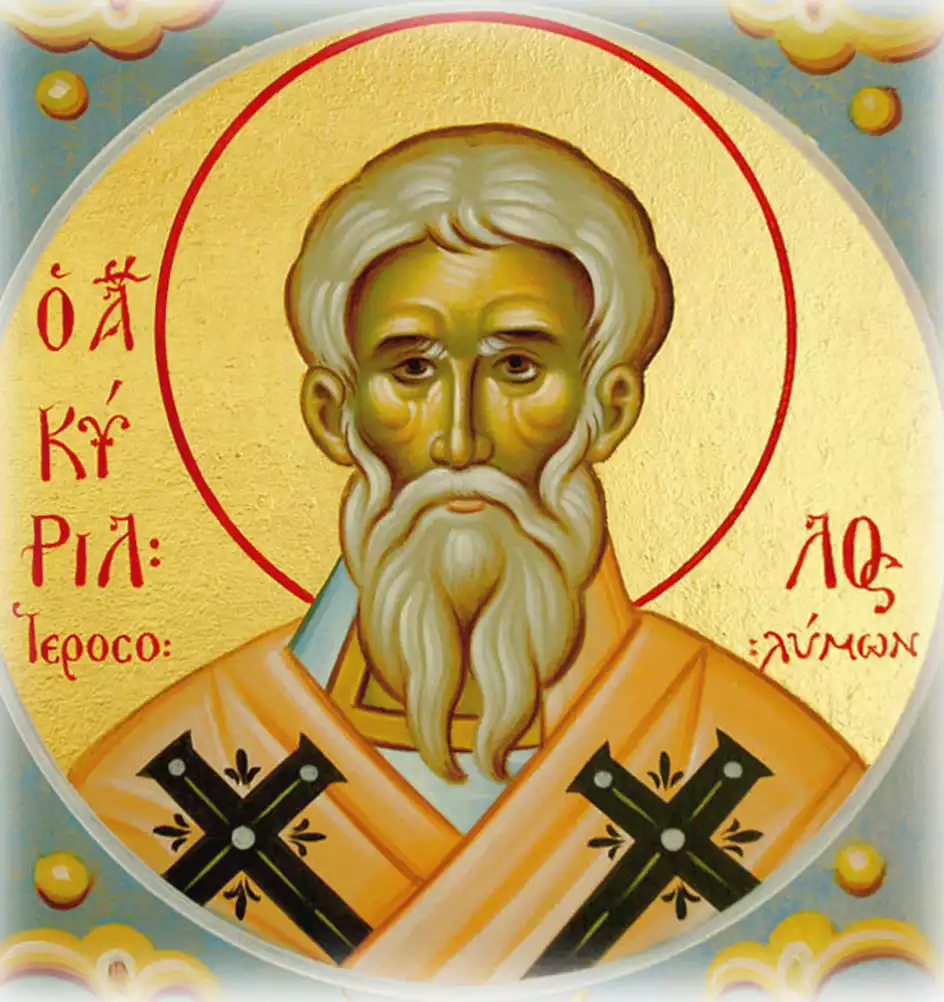
Saint Cyril served as bishop of Jerusalem during a turbulent period in the mid-4th century AD. He faced exile and persecution for his orthodox faith, but continued to pastor his flock. Saint Cyril is best known for his Catechetical Lectures, used to instruct new believers in the fundamentals of Christianity. These lectures offer invaluable insight […]
300 AD The Legal Status of Christianity in the Roman Empire
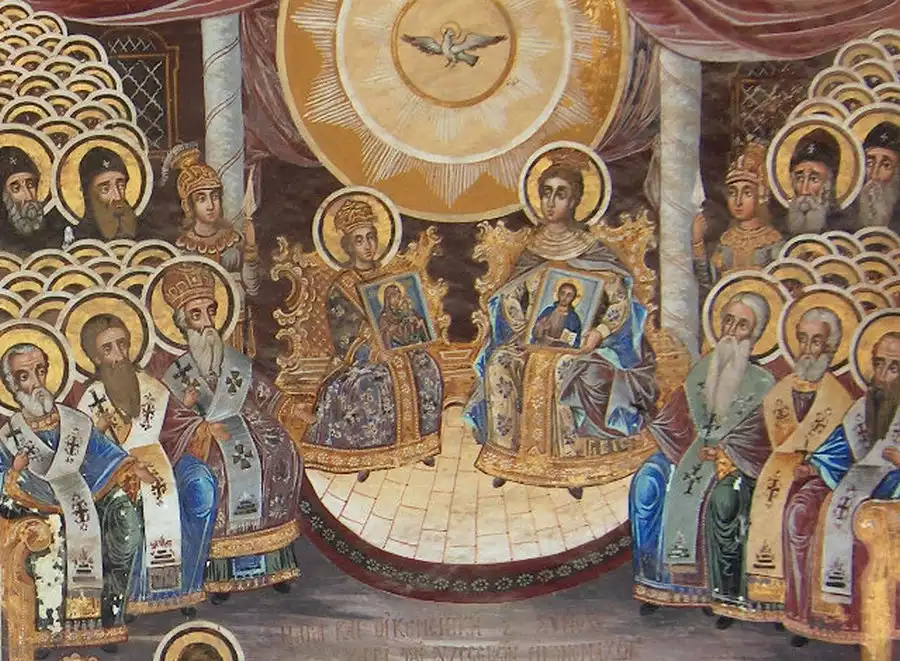
The legal status of Christianity in the Roman Empire during the first three centuries AD is complex. While there was no specific law targeting Christians, persecutions began in the apostolic era under Nero and continued intermittently until the early 4th century. Initially viewed as a Jewish sect, Christians were exempt from requirements to participate in […]
110 AD Ignatius of Antioch coins term “Catholic” meaning Universal Church
In the pivotal year of 110 AD, a momentous term was articulated by Bishop Ignatius of Antioch that would indelibly shape the Christian lexicon: ‘catholic’. Derived from the Greek word ‘Καθολική’ (katholikē), it elegantly fuses ‘κατά’ (kata, ‘about’) and ‘ὅλος’ (holos, ‘whole’) to signify ‘universal’ or ‘concerning the whole’. This linguistic gem encapsulates the essence of inclusivity and totality, a concept that Ignatius fervently embraced and propagated. Born around 35 AD and embracing martyrdom in 108 AD, Ignatius stands as a monumental figure in early Christian history. His profound ideation of a church that transcends geographical and cultural confines, serving as a spiritual haven for all, marked a significant evolution in the Church’s understanding of itself. Through his teachings and writings, particularly during his journey to martyrdom, Ignatius of Antioch championed a vision of the Church as a universal entity, a community unbounded by earthly divisions, united in faith and purpose.
Ignatius of Antioch, Saint: The Journey to Martyrdom
Discover the Enduring Legacy of a Pioneering Christian Theologian Born in the early 1st century, Ignatius of Antioch, often revered as Saint Ignatius, emerged as a pivotal figure in early Christianity’s formative years. His death, traditionally dated to around 107 AD, marked the culmination of his influential journey as a theologian and bishop. Ignatius’ writings, […]
Tertullian: Polemics and Piety Interwoven
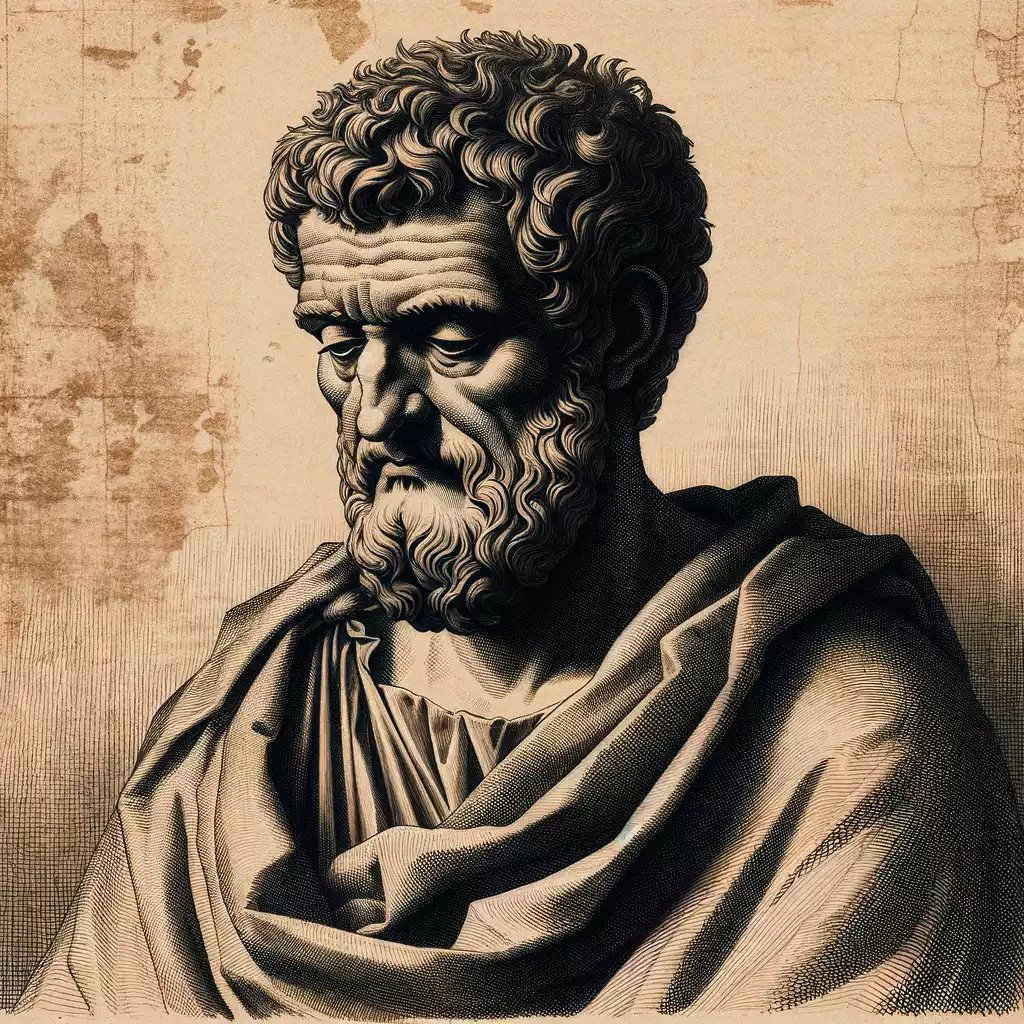
Tertullian, a titan in early Christianity’s chronicles, lived circa 155 to 240 AD. His odyssey, from rhetorical eminence to ardent Christian apology, has enthralled academics and believers. A native of intellectual hub Carthage, Tertullian’s initial exposure to Roman culture and ideals profoundly molded his worldview. His acceptance of Christianity constituted a pivotal turn, ushering prolific […]
The First Epistle to the Corinthians
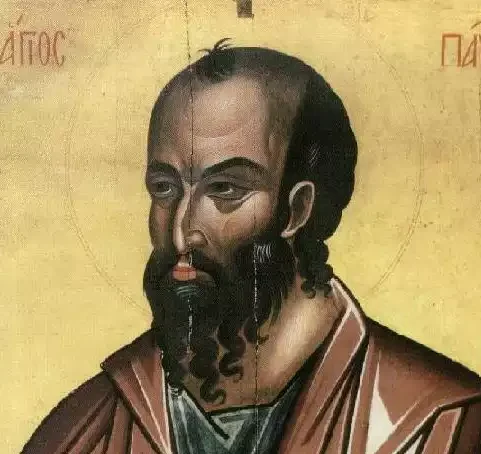
The First Epistle of Paul the Apostle to the Corinthians 1:1 Paul, summoned as an apostle of Jesus Christ by God’s will, and brother Sosthenes, 1:2 To the congregation of God in Corinth, sanctified in Christ Jesus, called to be holy, together with all those everywhere invoking the name of our Lord Jesus Christ, both […]
Priscilla and Aquila, Saints | Early Christian Missionaries
Saints Priscilla and Aquila, a married couple from the early Christian era, stand as exemplary figures in the nascent Christian church. Their journey, beginning in the first century A.D., embodies the spirit of partnership and devotion, both to each other and to the burgeoning Christian faith. The Early Years and Meeting with Paul Saints Priscilla […]
Silas, Saint | Early Christian Leader and Companion of Paul
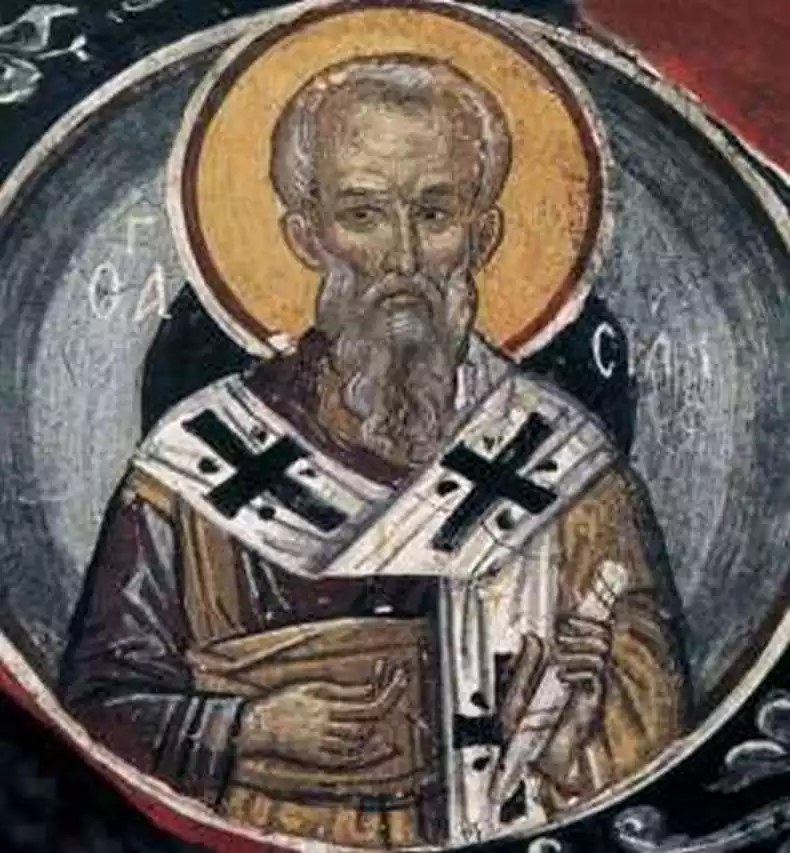
Saint Silas, a prominent figure in the early Christian community, is best known for his association with Paul the Apostle. Although the exact dates of his birth and death are not definitively recorded in historical texts, Silas’s contributions to early Christianity are well-documented through the New Testament, particularly in the Acts of the Apostles and […]
250 AD Persecution under Emperor Decius
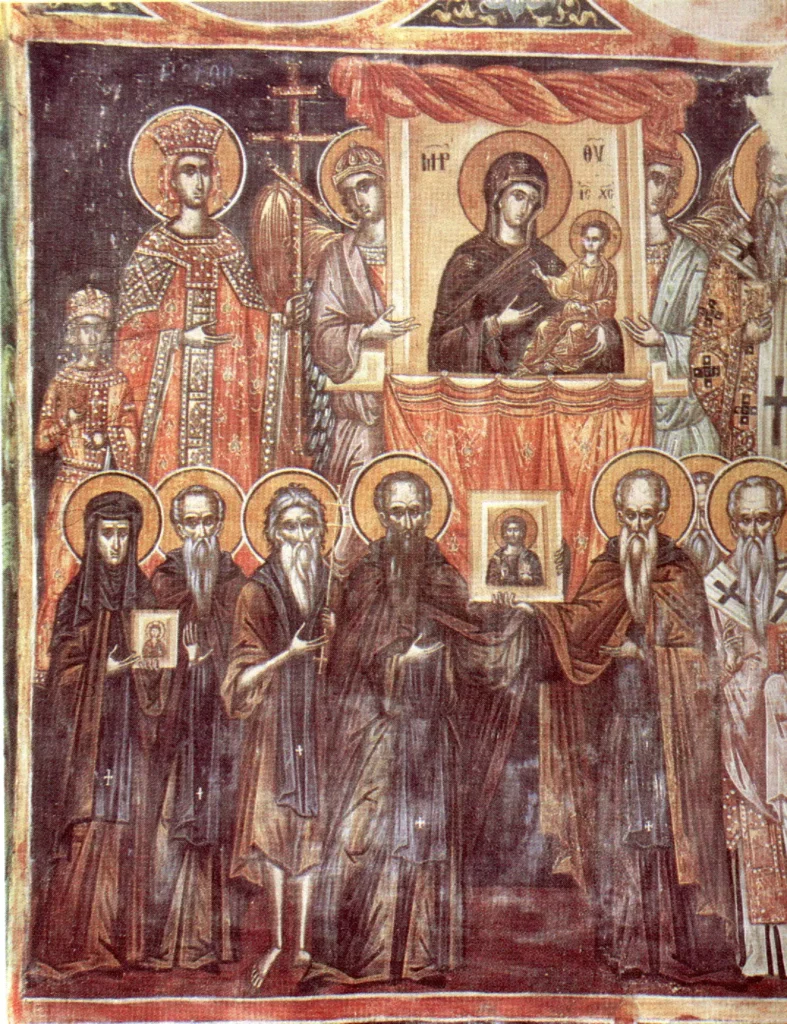
In the turbulent milieu of 250 AD, the Roman Empire witnessed an unprecedented religious upheaval under Emperor Decius. His edicts instigated a severe persecution of Christians, a pivotal moment in the early Church’s history. Decius, born circa 201 AD and deceased in 251 AD, aimed to restore traditional Roman values and religious practices, inadvertently […]
Corinth | Ancient City’s Integral Role in Early Christianity
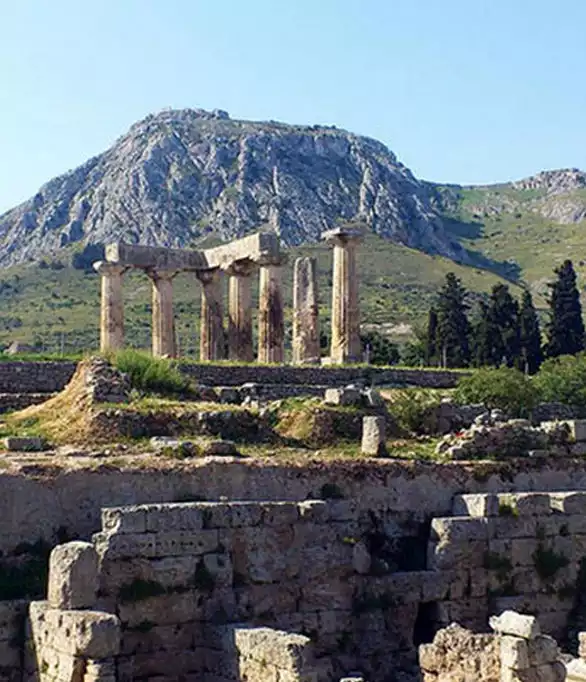
Corinth, an ancient city-state on the isthmus connecting Peloponnese to mainland Greece, boasts a rich tapestry of cultural and historical significance, particularly in the context of early Christianity. This city, flourishing in antiquity, served as a pivotal hub for commercial, social, and religious interactions, laying a vital foundation for the spread of Christianity in the […]
Thaddaeus, Saint Apostle
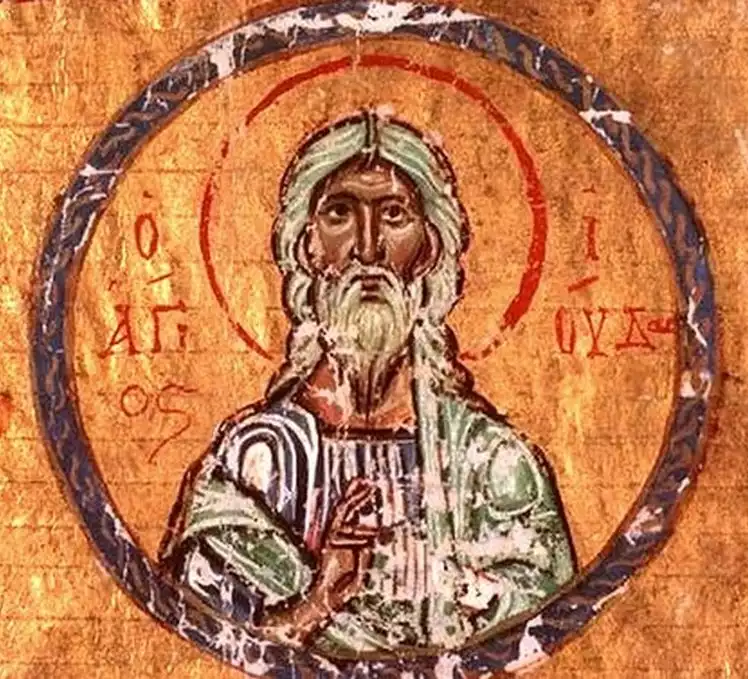
Saint Thaddaeus, one of the twelve apostles, holds a unique place in the tapestry of early Christian history. Despite the scarcity of detailed records about his life, including the specifics of his birth and death, Thaddaeus’ role as one of Jesus Christ’s chosen disciples underscores his integral contribution to the spread and establishment of Christian […]
Thomas, Saint Apostle | Intriguing Figure of Early Christianity
Thomas Apostle, also known as Didymus, remains an enigmatic yet pivotal figure in early Christian theology and history. His life, woven into the fabric of Christian narrative, spans the first century A.D., though precise dates of birth and death remain elusive. Thomas is best remembered for his skepticism upon hearing of Jesus Christ’s resurrection, a […]
Acts of the Apostles | Analysis and Historical Context
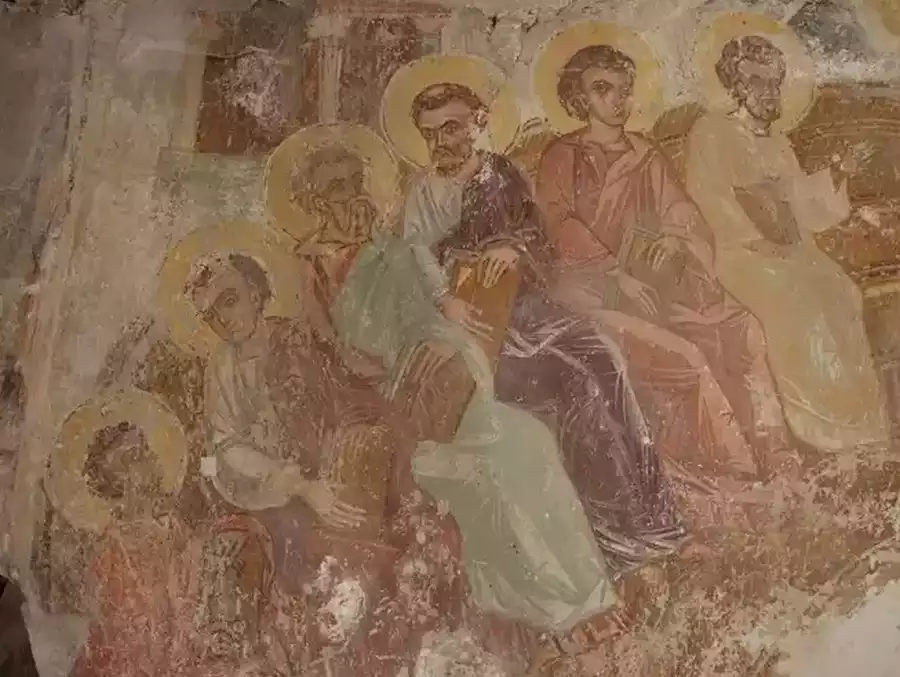
The Acts of the Apostles, often simply referred to as Acts, stands as a pivotal New Testament book chronicling the early Christian church’s development. Authored traditionally by Luke the Evangelist, it is a sequel to the Gospel of Luke, forming a cohesive narrative known as ‘Luke-Acts’. This work, written in Koine Greek, primarily depicts the […]
Gospel of Mark | A Comprehensive Analysis
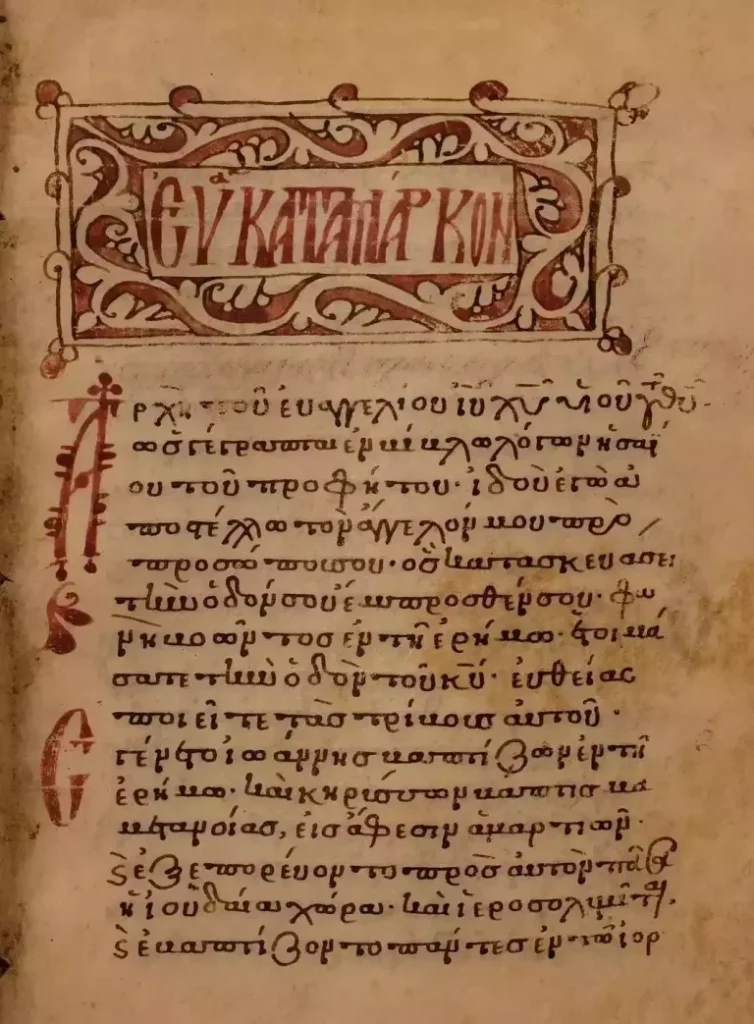
The Gospel of Mark, believed to be the earliest of the four canonical gospels, presents a vivid and concise account of Jesus Christ’s ministry. Though its exact date of composition remains debated among scholars, most estimates place it between AD 65 and 75. Unlike other gospels, Mark’s narrative is notably more action-oriented, emphasizing deeds over […]
Gospel of Matthew | Historical and Theological Analysis
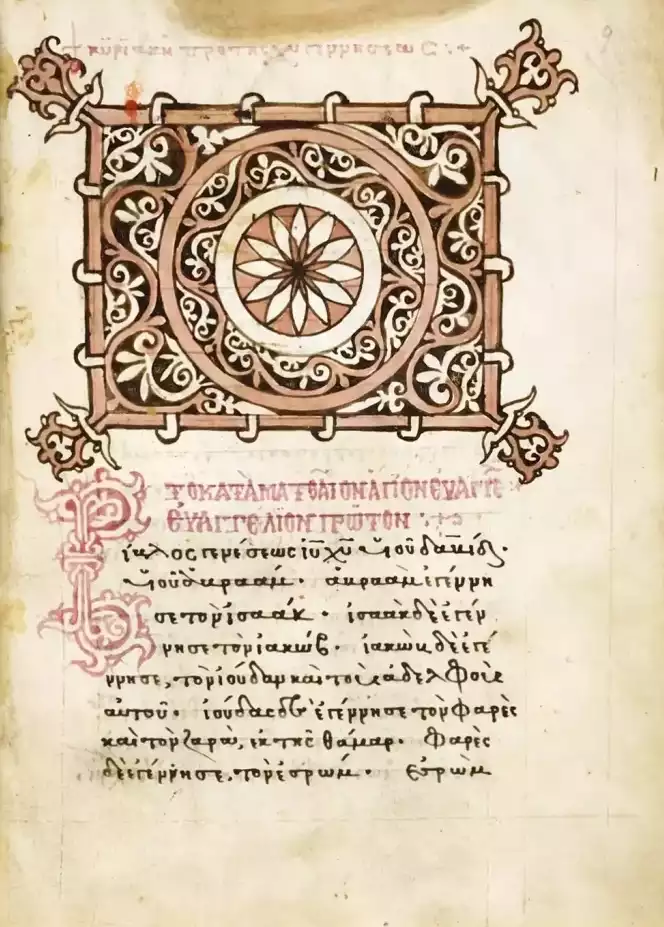
The Gospel of Matthew, a cornerstone of Christian scripture, is traditionally attributed to Matthew the Apostle, a former tax collector turned disciple of Jesus Christ. While the precise dates of its composition remain debated, scholars generally agree that it was written between 80 and 90 AD. Unlike other synoptic gospels, Matthew uniquely intertwines Jesus’ teachings […]
New Testament | Historical and Theological Significance

The New Testament, forming the cornerstone of Christian theology, is a revered collection of texts that meticulously chronicle the life, teachings, death, and resurrection of Jesus Christ. Beyond these historical accounts, it also includes profound writings that thoughtfully elaborate on Christian doctrine and the formation of the early Church. Comprising 27 books, the New Testament […]
Barnabas, Saint Apostle
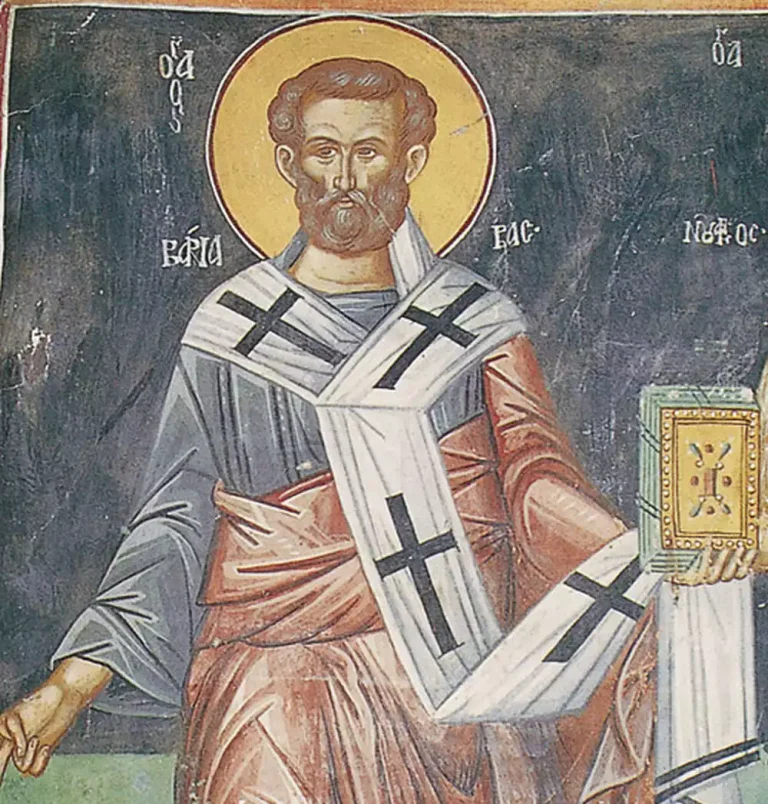
Saint Barnabas, a pivotal figure in early Christianity, was a missionary and companion of Paul. His life, spanning the first century AD, marks significant contributions to the spread of Christianity. Although exact dates of his birth and death are uncertain, his impact remains undeniably profound in Christian history. Early Life and Conversion Saint Barnabas, originally […]
John the Theologian, Saint | Evangelist
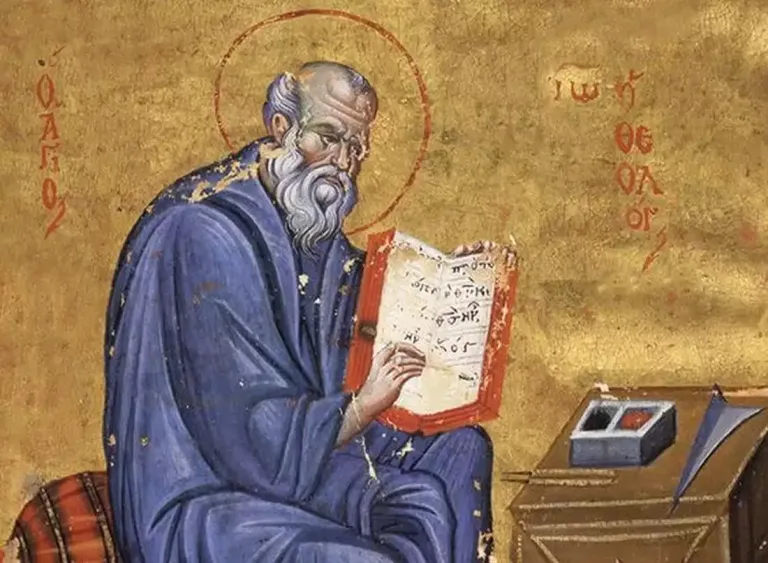
Saint John the Evangelist, traditionally believed to be the author of the Gospel of John, was a prominent figure in early Christianity. His life, spanning from around AD 6 to 100, marks a significant era in Christian history. A disciple of Jesus Christ, John’s contributions extend beyond the authorship of the Gospel; he is also […]
